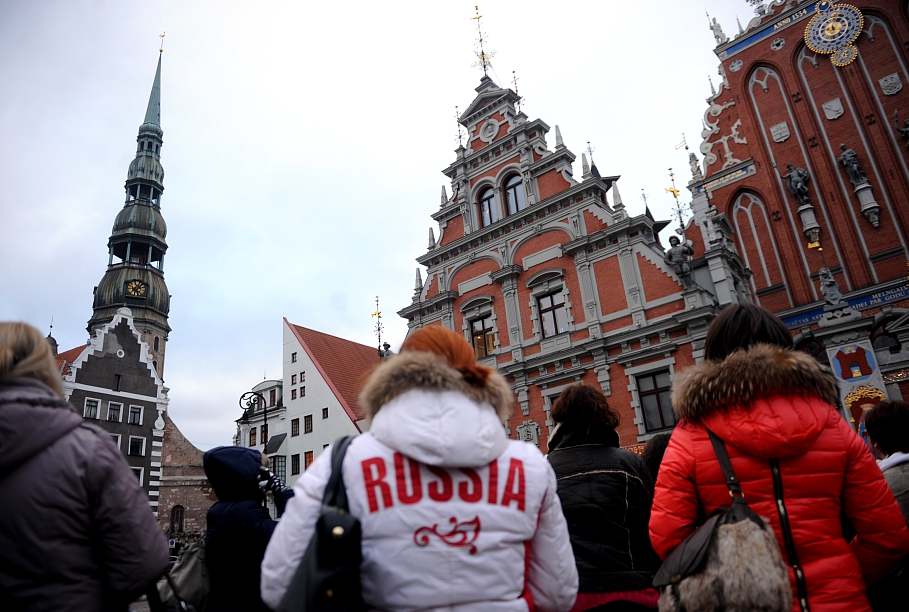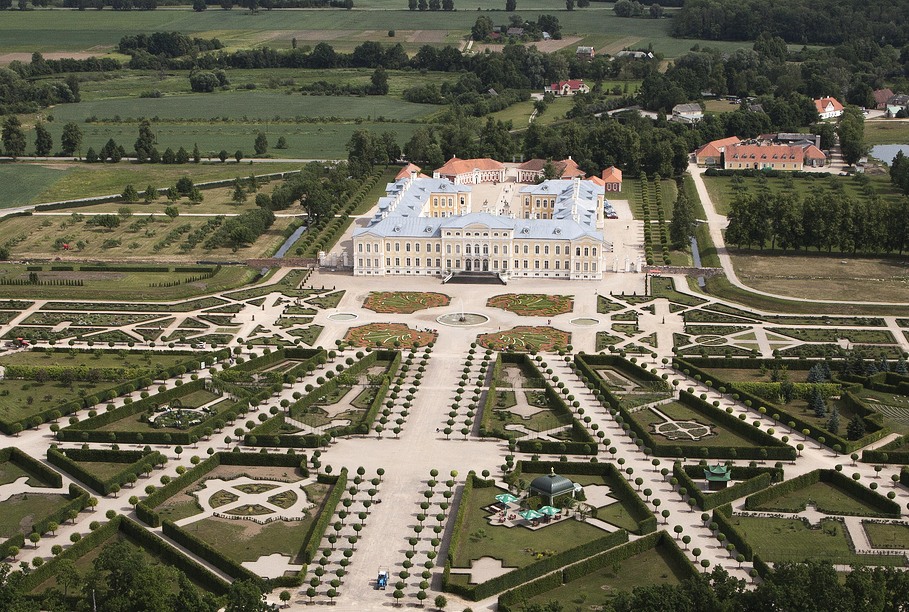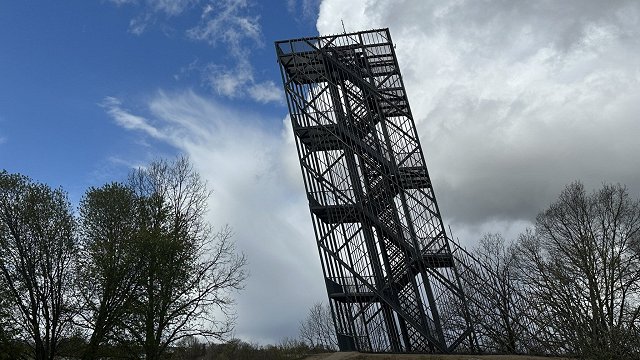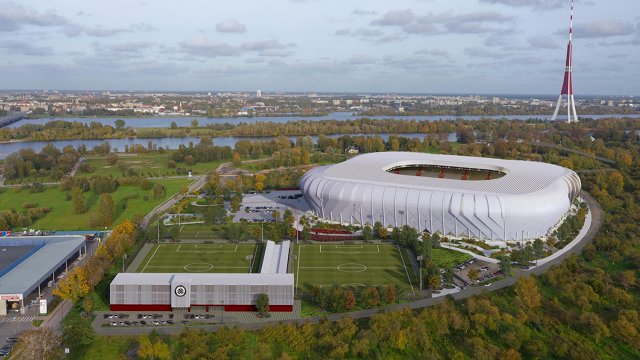Širava told news wire BNS that among Latvia’s regional favorite spots to visit were the Rundāle and Turaida castle manors, the nature parks in Tērvete and along the Gauja river, as well as the port city of Ventspils, all listed by prospective tourists taking part in TAVA online surveys posted on the state tourism promotion portal www.latvia.travel.
“The outlying regions can be pleased that they’re even slightly ahead of Riga as places that tourists say they most wish to see,” she said.
According to Širava’s presented figures, of the more than two million virtual visitors to the TAVA portal, most came from Latvia (48%), from the ‘priority’ national markets targeted by the agency’s promotional campaigns – Russia, Germany, Sweden, Finland, Lithuania and Estonia (30%), as well as from the rest of the world (22%).
Economics Ministry state secretary Mārtiņš Lazdovskis noted that even a 3rd-quarter fall in the flow of tourists coming from Russia (15% less than in 2013) didn’t dent the overall growth of the sector in 2014.
“We mustn’t fall into complacency, because we face many challenges for 2015 that will significantly affect tourism. We need to be honest with ourselves and realize that the problems in Ukraine will most likely continue next year, probably leading to even less tourists from countries to the east of us,” Lazdovskis warned.
However, he said that positive effects were to be expected from Latvia’s upcoming Presidency of the Council of the EU, which would be “like one big test not just for our system of government, but also a big test and challenge for our tourism industry.”



























